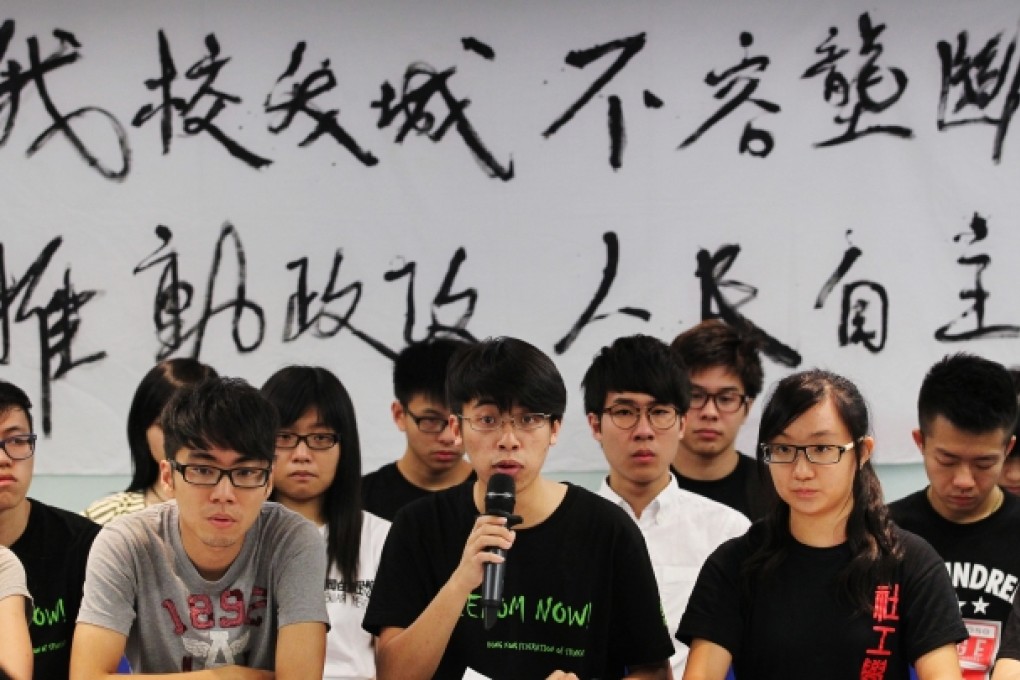July 1 protest is Hong Kong's taste of democracy
Handover anniversary has become a day when any Hongkonger can march from Victoria Park to make social or political point

Tomorrow is a significant day for Hongkongers - marking 16 years since the handover of sovereignty from Britain to China, and the protest march that's been held every year since.
"The July 1 march has become an icon," said transport and housing secretary Anthony Cheung Bing-leung yesterday in a radio interview. "It's one day every year where every citizen can take to the streets to make a point about political or social issues," he said.
About 5,000 people hit the streets in pouring rain on July 1, 1997, while, not too far away at Bauhinia Square in Wan Chai, the official handover ceremony was being held.
The peaceful demonstrators were calling for democracy in Hong Kong and on the mainland. They were also marching in remembrance of the Tiananmen Square crackdown of June 4, 1989, which prompted 1.5 million people - a quarter of Hong Kong's population back then - to demonstrate in the streets.
For the next few years, the July 1 protest march drew hundreds or a few thousand people.
It didn't capture much public attention until 2003, when half a million marched, angered by proposed national security legislation under Article 23 of the Basic Law.
The huge protest resulted soon afterwards in the resignations of two top government officials - then security minister Regina Ip Lau Suk-yee, who is now an executive councillor, and then financial secretary Antony Leung Kam-chung. It was also a factor in the resignation 21 months later of Hong Kong's first chief executive under post-colonial rule, Tung Chee-hwa.